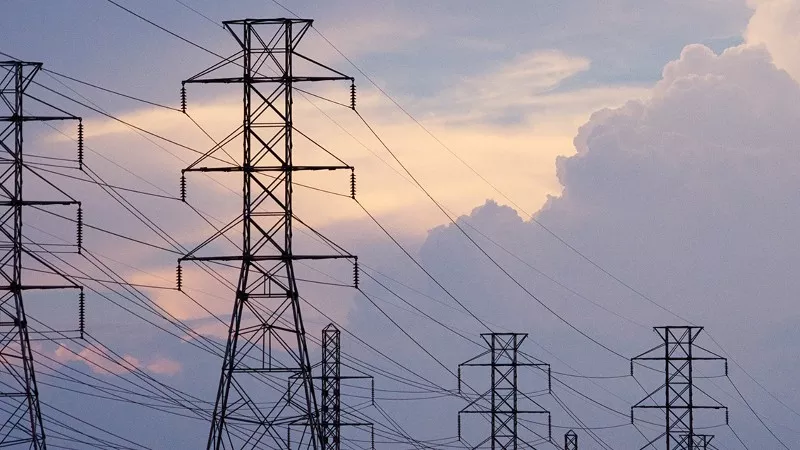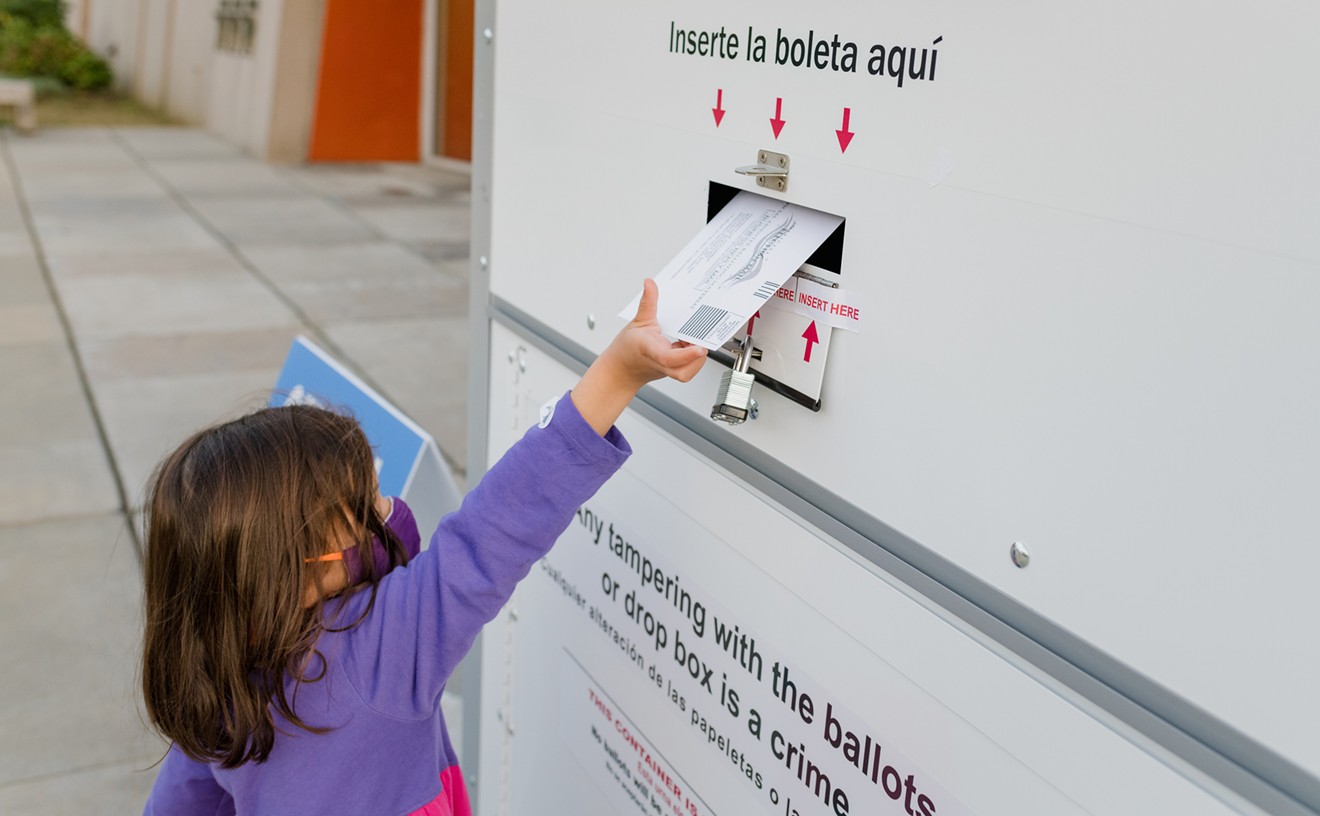Four months after a severe storm ripped through Dallas, causing many thousands to lose power on May 28, the city and Oncor are looking to be more prepared for the next round of catastrophic events.
During a community meeting on Saturday at W.T. White High School, City Council member Gay Donnell Willis and Oncor’s Andrea Sanders presented a look at some areas the two entities managed to handle well while also identifying some opportunities.
According to the presentation deck from the meeting provided to us by Willis, the “May 28th storm was the most impactful storm ever in Oncor’s Dallas County service area” while also being the “second-most-damaging storm for Oncor system-wide.”
The significance of the destruction was highlighted by the many complaints from residents who suffered through days without power and many weeks waiting for substantial debris, including downed trees, to be picked up.
“The overall objective of the meeting was for Oncor and City departments to share the scope and impact of the storms and how to make homes resilient for future weather events,” Willis wrote in an email to the Observer.
Eventually, more than 550,000 cubic yards of debris was picked up, but Willis noted that such recovery took longer than many residents think it should have.
“Many complaints voiced during the meeting involved Oncor’s response time,” she wrote. “We wanted to help residents understand City code with regard to keeping alleyways and sidewalks clear of vegetation, which delayed some of Oncor’s efforts to assess, repair and restore power.”
To that point, “speed of restoration was negatively impacted by severity of damage and debris clogging roads and alleys,” Oncor’s section of the presentation explained, while also pointing out that “downed and damaged trees” were major causes of power outages. Also hindering restoration was a storm on May 30, which forced a work-stoppage of a half-day.
East, Northeast and Northwest Dallas, as well as the area around Love Field, were most heavily affected by the storm. Around 27,000 residents in Willis’ District 13 experienced power outages, according to Oncor, and The Dallas Morning News recently reported that 94% of Oncor customers in District 9 and 91% of Oncor customers in District 10 lost power during the May 28 storm.
Aside from issues with clogged alleys and additional storms, Oncor’s communication methods failed to reach residents in a timely manner.
The Dallas Morning News report stated that “communication from city officials to residents regarding power restoration and brush pickup was also lacking,” yet Willis told the Observer that wasn’t the case, writing that “Oncor did have some communications issues (not the city, as reported in the DMN), however they are working to improve that.”
In Oncor’s section of the presentation, it’s noted that “all communication tools were activated,” including a “digital assistant” (aka chatbot) named Sara and text alerts and an increase of 265% in call center staff. But that wasn’t enough to get key information to residents in a timely manner in many cases, according to Oncor’s internal review.
On June 4, Dallas City Council member Paula Blackmon issued a memo requesting that Oncor conduct an immediate investigation into “the reasons behind the delayed power restoration.” When reached by phone, a spokesperson for Blackmon said this after-action report presented by Oncor and the city satisfies that request while allowing the city to “get more information on how to increase preventative measures in the future.”

Audio By Carbonatix
[
{
"name": "Air - MediumRectangle - Inline Content - Mobile Display Size",
"component": "18855504",
"insertPoint": "2",
"requiredCountToDisplay": "2",
"watchElement": ".fdn-content-body",
"astAdList": [
{
"adType": "rectangle",
"displayTargets": "mobile"
}
]
},{
"name": "Editor Picks",
"component": "17105533",
"insertPoint": "4",
"requiredCountToDisplay": "1",
"watchElement": ".fdn-content-body",
"astAdList": [
{
"adType": "rectangleLeft",
"displayTargets": "desktop|tablet"
},{
"adType": "rectangleRight",
"displayTargets": "desktop|tablet|mobile"
}
]
},{
"name": "Inline Links",
"component": "18349797",
"insertPoint": "8th",
"startingPoint": 8,
"requiredCountToDisplay": "7",
"maxInsertions": 25
},{
"name": "Air - MediumRectangle - Combo - Inline Content",
"component": "17105532",
"insertPoint": "8th",
"startingPoint": 8,
"requiredCountToDisplay": "7",
"maxInsertions": 25,
"watchElement": ".fdn-content-body",
"astAdList": [
{
"adType": "rectangleLeft",
"displayTargets": "desktop|tablet"
},{
"adType": "rectangleRight",
"displayTargets": "desktop|tablet|mobile"
}
]
},{
"name": "Inline Links",
"component": "18349797",
"insertPoint": "8th",
"startingPoint": 12,
"requiredCountToDisplay": "11",
"maxInsertions": 25
},{
"name": "Air - Leaderboard Tower - Combo - Inline Content",
"component": "17105535",
"insertPoint": "8th",
"startingPoint": 12,
"requiredCountToDisplay": "11",
"maxInsertions": 25,
"watchElement": ".fdn-content-body",
"astAdList": [
{
"adType": "leaderboardInlineContent",
"displayTargets": "desktop|tablet"
},{
"adType": "tower",
"displayTargets": "mobile"
}
]
}
]












